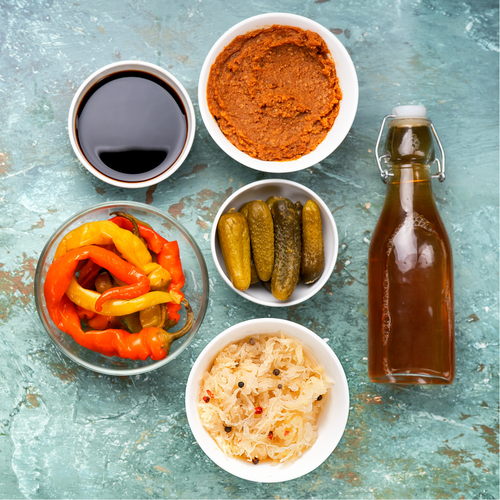It is not necessary for the body, and excessive consumption is even harmful. However, it can have some benefits when consumed in moderation. Let's take a look at its effects on the body.
How is alcohol processed in our body?
Even though our body doesn't need alcohol strictly speaking, it is perfectly capable of processing and breaking it down, but only up to a certain threshold. Indeed, after absorption by the small intestine, and although a small portion is directly eliminated through urine, and even through exhaled air, the majority is sent to the liver. This acts as a processing plant: it breaks it down using two enzymes. But the capacities of these enzymes are limited. By consuming too much alcohol in a short period of time, the enzymes are overloaded with work, they can no longer keep up, and we directly poison our liver. In the long term, it is this behavior that is harmful to this organ, and to the body in general.
How to navigate your alcohol consumption?
We understand that alcohol is therefore not necessary and can even be harmful to us... However, it is a source of pleasure, and pleasure is not to be neglected! It is therefore preferable to control its consumption. The work of researchers and health authorities has made it possible to establish some benchmark values: 10 standard glasses of alcohol per week is a maximum, and this, without exceeding 2 glasses per day. If there are days without during the week, it's even better!
After the age of 65, alcohol is less well tolerated, and it is recommended not to exceed 7 glasses per week.
But what does a “standard glass of alcohol” mean? Well, you have to think about the doses that a bar might serve you: a standard glass of beer, wine, or even spirits will have the same amount of alcohol, or around 10 grams. The amount in the glass therefore depends on the alcohol content of the drink. For a glass of wine, it will be 10 cl, while for a beer it is equivalent to half a glass, or 25 cl.
And why monitor your consumption?
Because, as mentioned earlier, the body can only tolerate a small amount of alcohol from time to time. Of course, a few excesses won't be your downfall, and as always, indulging yourself is important. But it's essential to be aware of the risks of excessive consumption over time.
In addition to addiction, which is very difficult to overcome, there are many pathologies caused by alcohol abuse. We can observe a decline in the liver: from simple steatohepatitis (or fatty liver disease) we can move towards cirrhosis, and ultimately, cancer. This is why it is important to monitor the health of your liver, because the beginnings of fatty liver are asymptomatic, and yet, it can lead to many complications. Many studies tend to demonstrate correlations between excessive alcohol consumption and certain cancers, notably those of the oral cavity, colon, rectum, and liver.
Excessive alcohol consumption is also associated with the onset of intestinal dysbiosis, which we now know is harmful to the body in many ways, given the number of systems and mechanisms affected by it.
The importance of detox in all this?
In any case, and as previously stated: alcohol should still be consumed in moderation. It is not necessarily necessary to drink it, but not everything that gives us pleasure should be banned! To limit its harmful effects on the body, at each change of season, it is wise to allow yourself a small detox phase in order to re-energize the functions of your excretory organs to start off on the right foot.
Sources:
[1] Gardner, JD, & Mouton, AJ (2015). Alcohol effects on cardiac function. Comprehensive Physiology , 5 (2), 791–802. https://doi.org/10.1002/cphy.c140046
[2] Campollo O. (2019). Alcohol and the Liver: The Return of the Prodigal Son. Annals of hepatology , 18 (1), 6–10. https://doi.org/10.5604/01.3001.0012.7854
[3] Qamar, N., Castano, D., Patt, C., Chu, T., Cottrell, J., & Chang, SL (2019). Meta-analysis of alcohol induced gut dysbiosis and the resulting behavioral impact. Behavioral brain research , 376 , 112196. https://doi.org/10.1016/j.bbr.2019.112196
[4] Coulton S. (2011). Alcohol misuse. BMJ clinical evidence , 2011 , 1017.
[5] Szalay F. (2003). Alkohol okozta emésztószervi betegségek [Alcohol-induced gastrointestinal diseases]. Orvosi hetilap , 144 (34), 1659–1666.














